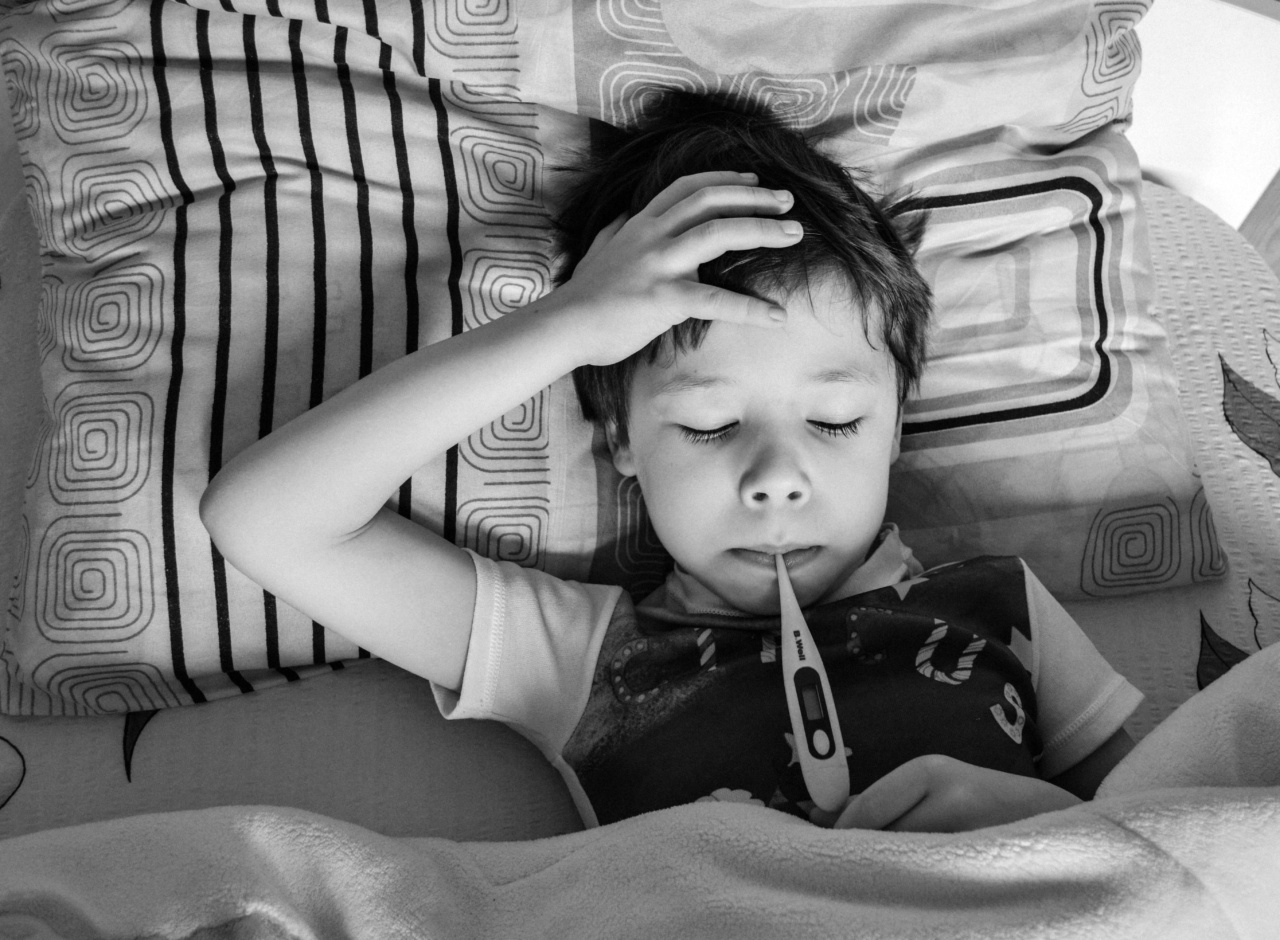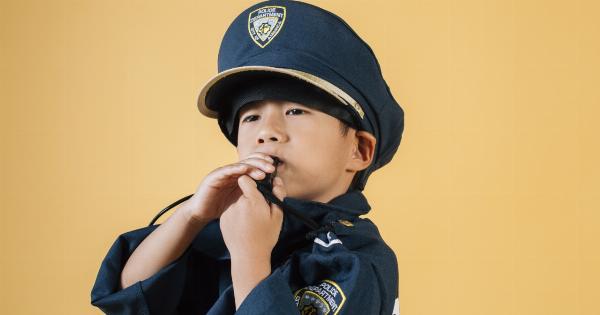Sleep is essential for the overall health and well-being of children. It plays a crucial role in their growth, development, and cognitive function. However, it is not uncommon for children to experience sleep problems at some point in their lives.
As a parent, it is important to recognize the signs of sleep problems in your child so that you can address them and ensure they get the restful sleep they need. In this article, we will explore some common sleep problems in children and provide tips on how to spot them.
1. Difficulty Falling Asleep
One of the most obvious signs of sleep problems in children is difficulty falling asleep. If your child regularly takes a long time to fall asleep or has trouble settling down at bedtime, it may indicate an underlying sleep issue.
2. Frequent Night Wakings
Another sign of sleep problems in children is frequent night wakings. While it is normal for children to wake up occasionally during the night, excessive night wakings can disrupt their sleep patterns and leave them feeling tired and restless.
3. Snoring
Snoring in children is often associated with sleep-disordered breathing, such as obstructive sleep apnea.
If you notice that your child snores loudly, pauses in breathing during sleep, or appears to struggle for breath, it is important to consult a healthcare professional to rule out any potential sleep disorders.
4. Restless or Agitated Sleep
Restless or agitated sleep, including tossing and turning, constant shifting, or waking up in unusual positions, can indicate sleep problems in children.
These restless behaviors may disrupt their sleep and prevent them from getting the quality rest they need.
5. Excessive Daytime Sleepiness
If your child is consistently sleepy during the day, it could be a sign that they are not getting enough sleep at night. Excessive daytime sleepiness can affect their mood, attention span, and overall performance at school or other activities.
6. Bedtime Resistance
Children who resist going to bed or constantly find excuses to delay their bedtime may be experiencing sleep problems. This behavior may indicate anxiety, fear, or discomfort associated with sleep, which can disrupt their sleep routine.
7. Sleepwalking
Sleepwalking is a sleep disorder that commonly affects children. If your child is sleepwalking, they may walk around the house or perform complex activities while still asleep.
Sleepwalking episodes typically occur during deep non-REM sleep and can be a cause for concern.
8. Nightmares and Night Terrors
Nightmares and night terrors are common sleep disturbances in children. Nightmares are vivid and disturbing dreams that often wake the child up, while night terrors involve sudden awakenings accompanied by intense fear, screaming, and confusion.
These events can disrupt your child’s sleep and cause distress.
9. Irregular Sleep Patterns
Children thrive on routine, and irregular sleep patterns can disrupt their sleep-wake cycle. If your child’s sleep schedule is inconsistent, with varying bedtimes and wake-up times, it can lead to sleep problems and a lack of quality sleep.
10. Daytime Behavioral Issues
Sleep problems in children can manifest as behavioral issues during the day. Children who are not well-rested may become irritable, hyperactive, or have difficulty concentrating.
They may also experience mood swings and have trouble regulating their emotions.
Conclusion
Recognizing sleep problems in your child is crucial for their overall health and well-being. By keeping an eye out for the signs listed above, you can identify potential sleep issues and take appropriate action.
If you suspect your child has a sleep problem, it is important to consult a healthcare professional for further evaluation and guidance.





























